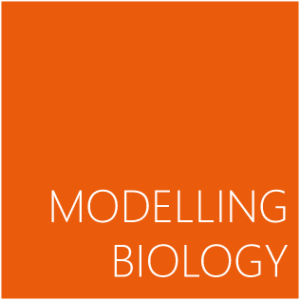Just had our paper on Computational Biology published in the online journal Computational Culture.
Alex S. Taylor, Jasmin Fisher, Byron Cook, Samin Ishtiaq and Nir Piterman (2014) Modelling Biology – working through (in-)stabilities and frictions. Computational Culture, 1 (4).

Abstract: Computational biology is a nascent field reliant on software coding and modelling to produce insights into biological phenomena. Extreme claims cast it as a field set to replace conventional forms of experimental biology, seeing software modelling as a (more convenient) proxy for bench-work in the wet-lab. In this article, we deepen and complicate the relations between computation and scientific ways of knowing by discussing a computational biology tool, BMA, that models gene regulatory networks. We detail the instabilities and frictions that surface when computation is incorporated into scientific practice, framing the tensions as part of knowing-in-progress—the practical back and forth in working things out. The work exemplifies how software studies—and careful attention to the materialities of computation—can shed light on the emerging sciences that rely on coding and computation. Further, it puts to work a standpoint that sees computation as tightly entangled with forms of scientific knowing and doing, rather than a wholesale replacement of them.